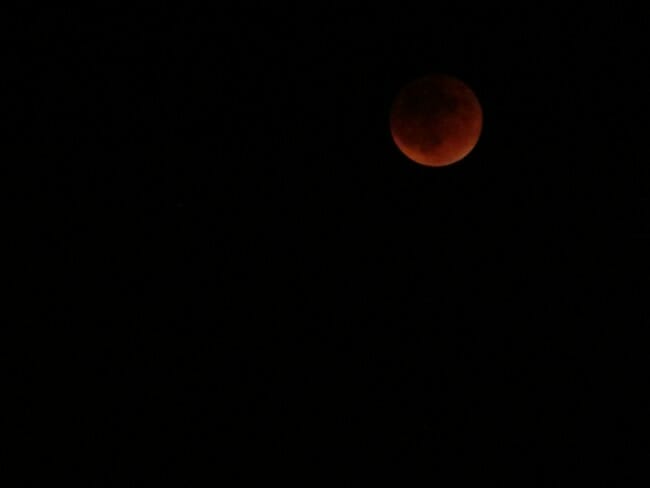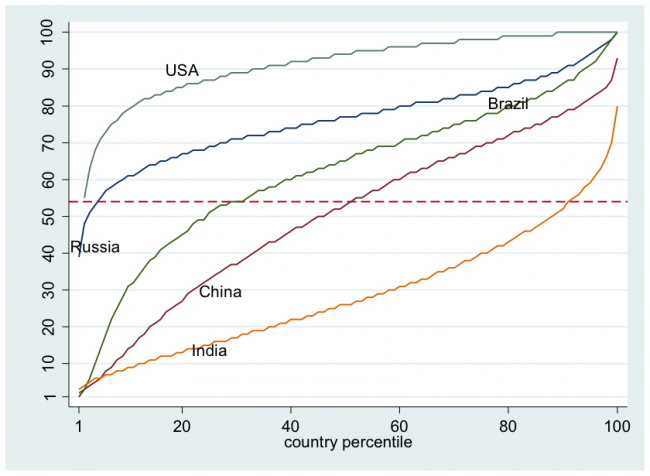When politicians argue about small business growth, they argue about stuff like taxes and access to capital and, god help me, completely irreverent (to small business) stuff like the ExIm Bank.
I would argue that there has been a fundamental shift in the economy relative to small business over the last four years, but it has nothing to do with any of that stuff. I would summarize this shift as follows:
Ten years ago, most of my company's free capacity was used to pursue growth opportunities and refine operations. Over the last four years or so, all of our free capacity has been spent solely on compliance.
Let me step back and define some terms. What do I mean by "free capacity?" In a small, privately-held company, almost all the improvement initiatives spring from the head of, or must heavily involve, the owner. That would be me. I have some very capable staff, but when we do something new, it generally starts with me.
So OK, our free capacity is somewhat limited by my personal capacity as owner and President. But actually, I have a head full of ideas for improving the company. I'd like to do some new things with training that takes advantage of streaming video. I'd like to add some customer service screening to our application process. But my time turns out not to be the only limit -- and this is one of those things that HBS definitely did not teach me.
In the real world, there are only so many new things I can introduce and train my line managers to do, and that they can then pass down to their folks. An organization can only accept a limited amount of new things (while still doing the old things well). This is what I mean by "free capacity" -- the ability to digest new things.
Over the last four years or so we have spent all of this capacity on complying with government rules. No capacity has been left over to do other new things. Here are just a few of the things we have been spending time on:
- Because no insurance company has been willing to write coverage for our employees (older people working seasonally) we were forced to try to shift scores of employees from full-time to part-time work to avoid Obamacare penalties that would have been larger than our annual profits. This took a lot of new processes and retraining and new hiring to make work. And we are still not done, because we have to get down another 30 or so full-time workers for next year
- The local minimum wage movement has forced us to rethink our whole labor system to deal with rising minimum wages. Also, since we must go through a time-consuming process to get the government agencies we work with to approve pricing and fee changes, we have had to spend an inordinate amount of time justifying price increases to cover these mandated increases in our labor costs. This will just accelerate in the future, as the President's contractor minimum wage order is, in some places, forcing us to raise camping prices by an astounding 20%.
- Several states have mandated we use e-Verify on all new employees, which is an incredibly time-consuming addition to our hiring process
- In fact, the proliferation of employee hiring documentation requirements has forced us through two separate iterations of a hiring document tracking and management system
- The California legislature can be thought of as an incredibly efficient machine for creating huge masses of compliance work. We have to have a whole system to make sure our employees don't work over their meal breaks. We have to have detailed processes in place for hot days. We have to have exactly the right kinds of chairs for our employees. We have to put together complicated shifts to meet California's much tougher overtime rules. Just this past year, we had to put in a system for keeping track of paid sick days earned by employees. We have two employee manuals: one for most of the country and one just for California and all its requirements (it has something like 27 flavors of mandatory leave employers must grant). The list goes on and on. So much so that in addition to all the compliance work, we also spent a lot of work shutting down every operation of ours in California, narrowing down to just 3 contracts today. There has been one time savings though -- we never look at any new business opportunities in CA because we have no desire to add exposure to that state.
Does any of this add value? Well, I suppose if you are one who considers it more important that companies make absolutely sure they offer time off to stalking victims in California than focus on productivity, you are going to be very happy with what we have been working on. Otherwise....
I fully understand the dangers of extrapolating from one data point**, but for folks who are scratching their head over recent plateauing of productivity gains and reduced small business origination numbers, you might look in this direction.
By the way, it strikes me that regulatory compliance issues set a minimum size for business viability. You have to be large enough to cover those compliance issues and still make money. What I see happening is that as new compliance issues are layered on, that minimum size rises, like a rising tide slowly drowning companies not large enough to keep their head above water. We are keeping up, but at times it feels like the water is lapping at our chin.
**Unrelated Postscript: I have found that in the current media/political world, people love to have only one data point. Why? Well, with two data points you are are stuck with the line those points define. With just one, you can draw any line you want in any direction with any slope.








